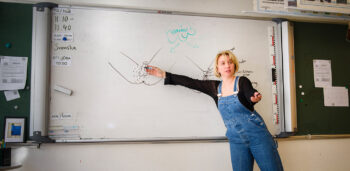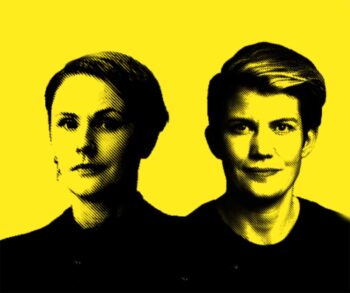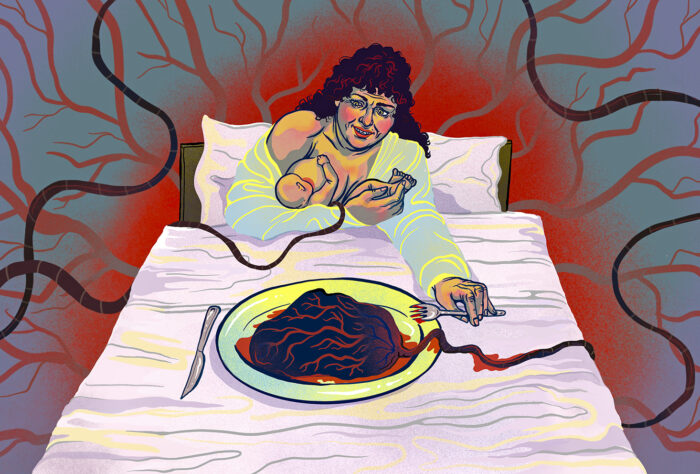Inti Chavez Perez about how the “NoFap movement” lowers the self-image of young boys.
When I first heard about the phenomenon of the NoFap movement a decade ago, I never thought that it would become more than a marginal phenomenon online. NoFap is about young men and boys giving up masturbation and stopping watching porn. On internet forums, predominantly heterosexual boys gather and share stories about how terrible they’re feeling and that they’re going to give up solo sex.
The NoFap phenomenon gave me bad vibes. Not because I want to force other men to masturbate. Whoever wants to refrain from masturbating should be allowed to, without social pressure to do it. But the idea of giving up masturbation was motivated by NoFap advocates with pseudo-scientific mumbo jumbo about men supposedly lowering their testosterone levels by masturbating. To me, this felt like the old myths about the dangers of masturbation in a new disguise – because myths about masturbation weakening men’s bodies were spread long before the sex hormone testosterone was first discovered.
As a sex educator, I talk a lot to teenagers. Occasionally, boys in their early teens who feel safe in the classroom or group spontaneously express how much they love masturbating. Jerking off often appears as a source of joy and curiosity, and the topic works as a social bond between a group of guys. I never thought that abstinence from this joy would attract a wider interest. How wrong I was.
When I visit schools in Sweden to answer questions about sex, it’s not uncommon these days to hear things like, “What do you think of ‘No Nut November’?” The concept is that for the month of November, boys all over the world aim to abstain from masturbation. Videos about NoFap reach millions on YouTube, and on Reddit and other online forums hundreds of thousands of users are involved in discussions about how they’re getting on with their abstinence from masturbation. It’s mostly teenage boys and young men who are attracted to the NoFap message.
»One aspect of the problem is that male masturbation is steeped in shame. Yes, you read that correctly.«
These days, however, the discussion is less about testosterone. It’s more common that NoFap channels are claiming that masturbation and online porn are overloading the brain’s reward system, contributing to all sorts of problems from insecurity to misdiagnosed ADHD. This explanatory model has run amok. Young boys have told me they think they’ve “ruined their brain” by watching porn. It’s alarming.
To get to grips with the myths around boys’ masturbation, I think we need to listen to what’s hurting these boys. Because one aspect of the problem is that male masturbation is steeped in shame. Yes, you read that correctly. While in recent decades female masturbation has gained a wave of defenders who are highlighting how politically radical masturbating is, male masturbation has, at least in the western world, been shrouded by ridicule in popular culture. Many NoFap boys postpone doing their homework, don’t call their friends, would like to exercise but they don’t – they’re simply watching their lives slip out of their hands. The suffering of young boys could be an opportunity for them to explore themselves more deeply and to challenge unreasonable ideals about what it means to be a man. Within the NoFap movement, many instead get stuck in limbo. A recurring story is that they’re unable to abstain; this then adds yet another failure that negatively affects their self-image.
Inti Chavez Perez is the author of Respect. Everything A Guy Needs to Know About Sex, Love and Consent (published by Penguin Books in the U.S. and Piatkus Books in the UK).






